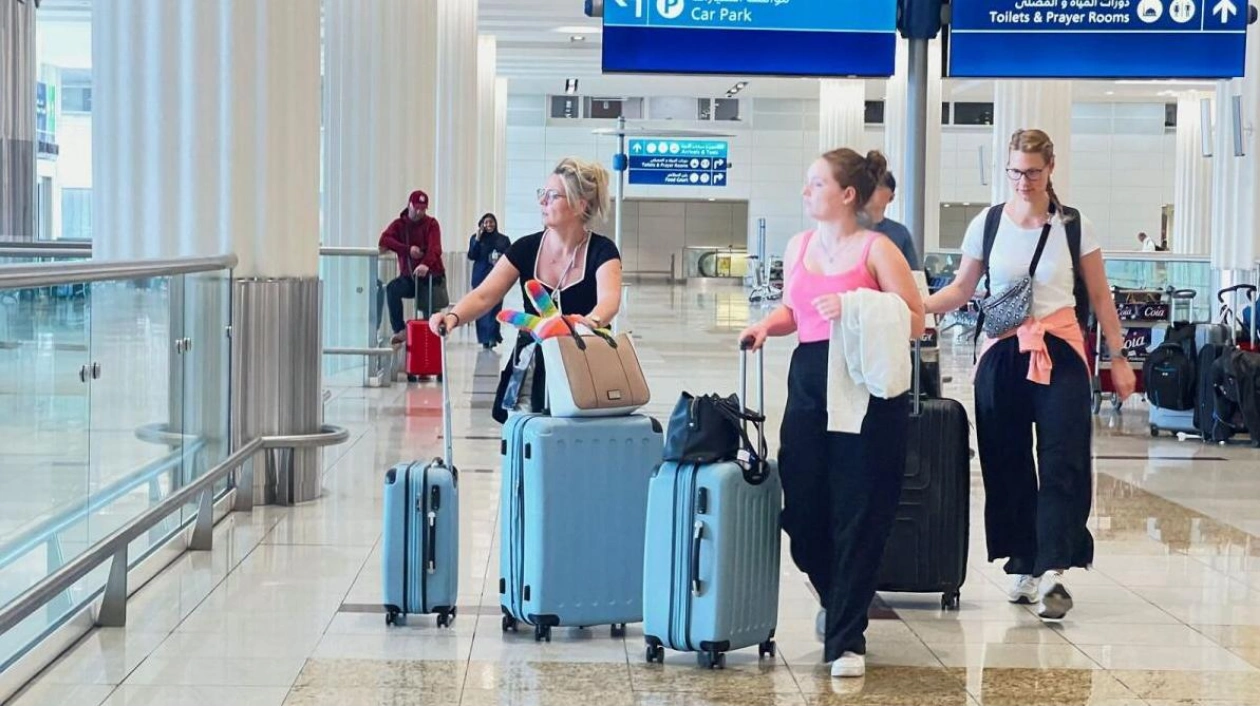Air travel gradually resumed on Saturday following a widespread IT crash, one of the largest in recent years, triggered by an update to an antivirus program. The disruption led to chaos at airports on Friday, with numerous flights cancelled globally due to a malfunction in a Microsoft Windows-based program. By Saturday, authorities in Germany and France reported that airport operations had almost normalized, coinciding with preparations for the Paris Olympic Games.
Several U.S. airlines and Asian airports announced the restoration of their services, including check-in facilities in Hong Kong, South Korea, and Thailand, with most operations in India, Indonesia, and Singapore's Changi Airport returning to normal by Saturday afternoon. 'There are no long queues at the airports as we experienced yesterday,' remarked Airports of Thailand president Keerati Kitmanawat.
Microsoft identified the issue, which began at 1900 GMT on Thursday, as affecting Windows users with CrowdStrike Falcon cybersecurity software. CrowdStrike acknowledged in a blog post that an update released Thursday night led to system crashes and the 'blue screen of death.' CEO George Kurtz expressed a personal apology to all affected parties and noted that full recovery might take several days.
The White House confirmed that President Joe Biden's administration was in contact with CrowdStrike and other affected entities, ready to offer assistance. Although flight operations had resumed in the U.S., some congestion persisted. Reports from the Netherlands and Britain indicated potential impacts on health services, while media outlets like Britain's Sky News and Australia's ABC faced disruptions.
Authorities in Australia, Britain, and Germany issued warnings about increased scam and phishing attempts following the outage. Financial institutions in Kenya and Ukraine experienced digital service issues, and some mobile carriers faced disruptions. The outage's scale was described as unprecedented by Junade Ali of Britain's Institution of Engineering and Technology, with comparisons to a similar large-scale incident in 2017.
Despite some airports halting all flights, others managed with manual check-ins, albeit causing long lines and traveler frustration. The FAA initially grounded all flights, but airlines later reported re-establishing services and clearing the backlog. India's IndiGo and Malaysia's AirAsia provided updates on their recovery efforts, with AirAsia advising passengers to prepare for manual check-ins.
Chinese state media reported no disruptions at Beijing's airports. Companies scrambled to repair their systems and assess the damage, while officials reassured the public that there was no evidence of cyberattacks. CrowdStrike's blog post confirmed that the issue was unrelated to cyberattacks, and CEO Kurtz stated that a fix had been deployed to assist affected customers.
Experts like Oli Buckley from Loughborough University questioned the practicality of the fix for millions of users. Others emphasized the need for reevaluating society's reliance on a few tech companies for critical services, advocating for infrastructure resilience against such widespread software failures.






